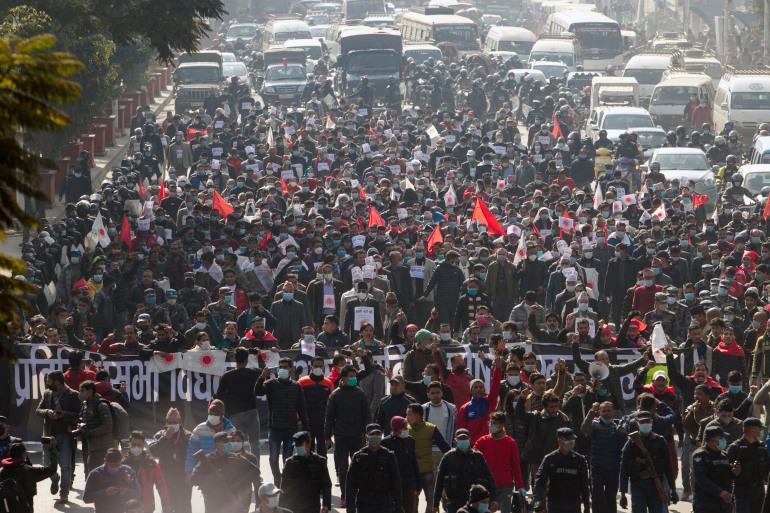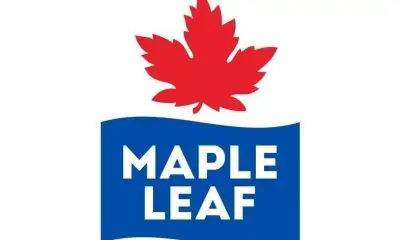HALIFAX – Nova Scotia Premier Tim Houston says it’s “disgraceful and demeaning” that a Halifax-area school would request that service members not wear military uniforms to its Remembrance Day ceremony.
Houston’s comments were part of a chorus of criticism levelled at the school — Sackville Heights Elementary — whose administration decided to back away from the plan after the outcry.
A November newsletter from the school in Middle Sackville, N.S., invited Armed Forces members to attend its ceremony but asked that all attendees arrive in civilian attire to “maintain a welcoming environment for all.”
Houston, who is currently running for re-election, accused the school’s leaders of “disgracing themselves while demeaning the people who protect our country” in a post on the social media platform X Thursday night.
“If the people behind this decision had a shred of the courage that our veterans have, this cowardly and insulting idea would have been rejected immediately,” Houston’s post read. There were also several calls for resignations within the school’s administration attached to Houston’s post.
In an email to families Thursday night, the school’s principal, Rachael Webster, apologized and welcomed military family members to attend “in the attire that makes them most comfortable.”
“I recognize this request has caused harm and I am deeply sorry,” Webster’s email read, adding later that the school has the “utmost respect for what the uniform represents.”
Webster said the initial request was out of concern for some students who come from countries experiencing conflict and who she said expressed discomfort with images of war, including military uniforms.
Her email said any students who have concerns about seeing Armed Forces members in uniform can be accommodated in a way that makes them feel safe, but she provided no further details in the message.
Webster did not immediately respond to a request for comment.
At a news conference Friday, Houston said he’s glad the initial request was reversed but said he is still concerned.
“I can’t actually fathom how a decision like that was made,” Houston told reporters Friday, adding that he grew up moving between military bases around the country while his father was in the Armed Forces.
“My story of growing up in a military family is not unique in our province. The tradition of service is something so many of us share,” he said.
“Saying ‘lest we forget’ is a solemn promise to the fallen. It’s our commitment to those that continue to serve and our commitment that we will pass on our respects to the next generation.”
Liberal Leader Zach Churchill also said he’s happy with the school’s decision to allow uniformed Armed Forces members to attend the ceremony, but he said he didn’t think it was fair to question the intentions of those behind the original decision.
“We need to have them (uniforms) on display at Remembrance Day,” he said. “Not only are we celebrating (veterans) … we’re also commemorating our dead who gave the greatest sacrifice for our country and for the freedoms we have.”
NDP Leader Claudia Chender said that while Remembrance Day is an important occasion to honour veterans and current service members’ sacrifices, she said she hopes Houston wasn’t taking advantage of the decision to “play politics with this solemn occasion for his own political gain.”
“I hope Tim Houston reached out to the principal of the school before making a public statement,” she said in a statement.
This report by The Canadian Press was first published Nov. 8, 2024.


 Prime Minister Oli has said that internal squabbling and a lack of cooperation from his party paralysed decision-making, forcing him to seek a fresh mandate [File: Navesh Chitrakar/Reuters]
Prime Minister Oli has said that internal squabbling and a lack of cooperation from his party paralysed decision-making, forcing him to seek a fresh mandate [File: Navesh Chitrakar/Reuters]
































